The views expressed in our content reflect individual perspectives and do not represent the authoritative views of the Baha'i Faith.
The Baha’i teachings say that humanity’s future, both nationally and globally, depends on our ability to unite.
But who has the main responsibility for building that unity? In Part IV of The Vision of Race Unity: America’s Most Challenging Issue, the Baha’is offer an answer:
The responsibility for the achievement of racial peace and unity in the United States rests upon both Black and White Americans. To build a society in which the rights of all its members are respected and guaranteed, both races must be animated with the spirit of optimism and faith in the eventual realization of their highest aspirations. Neither White nor Black Americans should assume that the responsibility for the elimination of prejudice and of its effects belongs exclusively to the other. Both must recognize that unity is essential for their common survival. Both must recognize that there is only one human species. Both must recognize that a harmoniously functioning society that permits the full expression of the potential of all persons can resolve the social and economic problems now confounding a society wracked with disunity.
It is evident that both Black and White Americans in large numbers are feeling deeply disappointed and frustrated by what each group perceives to be a failure of the efforts in recent decades at effecting progress in the relations between the races. To rationalize this failure, both have been reacting by retreating to the more familiar ground of racial separation. As the problems with crime and drug addiction mount, the tendency is to use the seeming intractability of these problems as a measure of the failure of years of struggle on the part of both to overcome the barriers of centuries. Formidable as is the challenge yet to be met, can it fairly be said that no significant progress has taken place since the days of the sit-ins at lunch counters across the South?
Similarly, the victims of a protracted and entrenched racial discrimination seek relief in the notion that Black Americans, White Americans, American Indians, Hispanic Americans, Asian Americans are so distinctly different from one another that all of them must stake out their own cultural and social territories and stay within them. Would this be sensible? Would it not be a retreat from the reality of our common humanity? Would it not be a formula for the total breakdown of civilization? Those who raise the call for separation preach a grim doctrine indeed. If the nation is seriously to submit to such a view, where exactly will either the Black or the White Americans divide their cultural heritage, one from the other?
Racism runs deep. It infects the hearts of both White and Black Americans. Since without conscious, deliberate, and sustained effort, no one can remain unaffected by its corrosive influence, both groups must realize that such a problem can neither easily nor immediately be resolved. “Let neither think that anything short of genuine love, extreme patience, true humility, consummate tact, sound initiative, mature wisdom, and deliberate, persistent, and prayerful effort can succeed in blotting out the stain which this patent evil has left on the fair name of their common country.
Both groups must understand that no real change will come about without close association, fellowship, and friendship among diverse people. Diversity of color, nationality, and culture enhances the human experience and should never be made a barrier to harmonious relationships, to friendship, or to marriage. “O well-beloved ones!” Baha’u’llah wrote. “The tabernacle of unity has been raised; regard ye not one another as strangers. Ye are the fruits of one tree and leaves of one branch.” – The Vision of Race Unity, Part IV, The National Spiritual Assembly of the Baha’is of the United States, 1991.
So let’s focus for a moment on the two broad groups affected by this gap in understanding.
Some people feel America is ”post-racial,” and that people of color just need to stop complaining and take advantage of the opportunities that surely must now exist for all. They deny that systemic racism exists, often by confusing the concept with the accusation that all white people are racist or prejudiced against non-whites.
Conversely, some people of color actually do believe that all whites are racist, or at the very least, hold the conflicting viewpoints that 1) whites must be responsible for all efforts to heal the divide and 2) that there is nothing their white would-be allies can do to heal the divide. Any attempt amounts to paternalism or merely reinforces “white privilege.”
While understandable, both viewpoints create an impasse. As The Vision of Race Unity statement suggests, the solution is “close association” between “whites” and “people of color” so that we begin to understand race as an issue that affects people we know and care about, not just faceless, monolithic groups.
As I write about these issues, though, I place quotes around the words “white” and “people of color.” Why? I believe these are questionable distinctions. First, we are all people of color, in a spectrum from light to dark. Some of us are simply pastel for reasons that science has thoroughly spoken to. Second, there is no “white race;” there are a myriad ethnic groups who happen to be people of a lighter color than others. Light skin is an evolutionary adaptation to the way that the body processes melanin in northern climates.
We humans exist on a single color continuum, from the darkest blue-black of a Berber living in North Africa to the palest beige of a Scandinavian; from the golden-hued Mongol to the burnished copper of the Lakota or Navajo. But we are all, as both religion and science tell us, members of one human family with a common ancestry.
In this day, more than ever, it is imperative that we grasp that reality and live according to that knowledge. As Buddha said in the Dhammapada, “all things are of one Essence…” Our future depends upon the recognition of that truth.


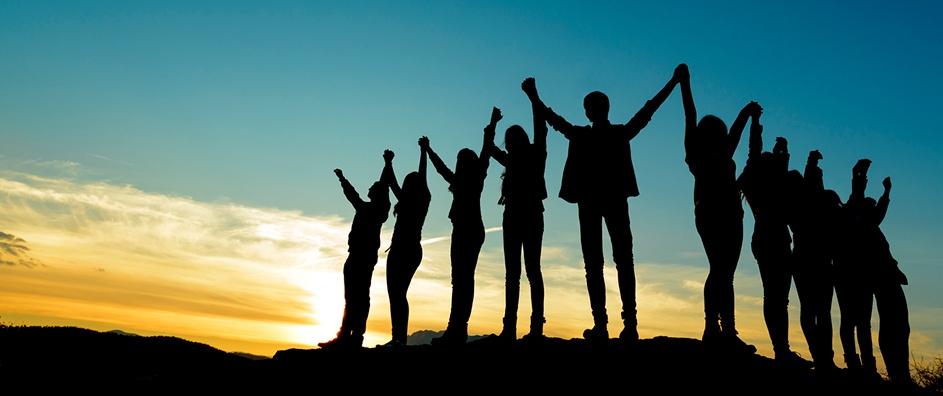

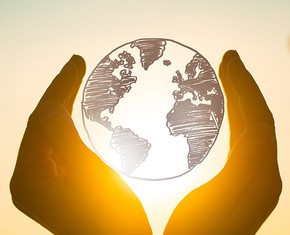
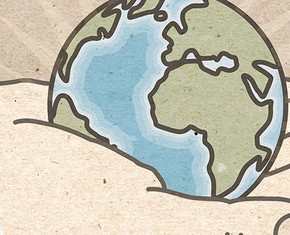
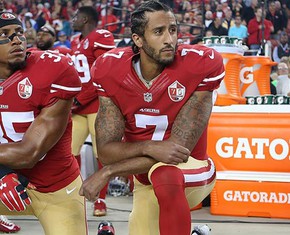
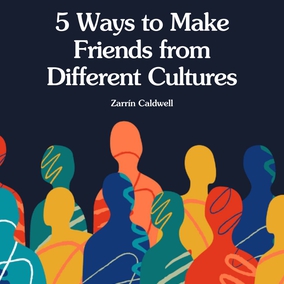
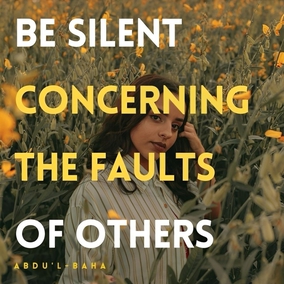







Comments
Sign in or create an account
Continue with Googleor